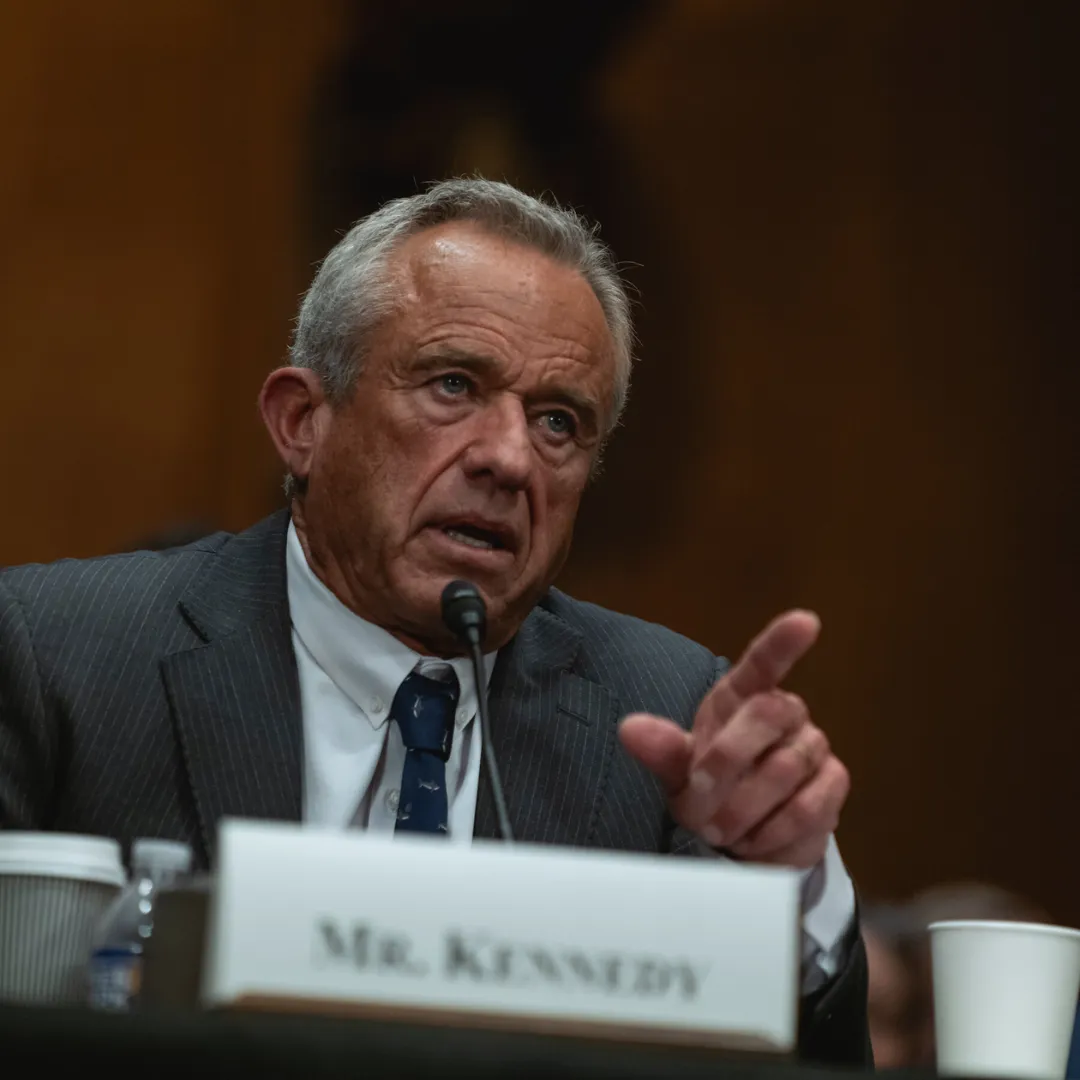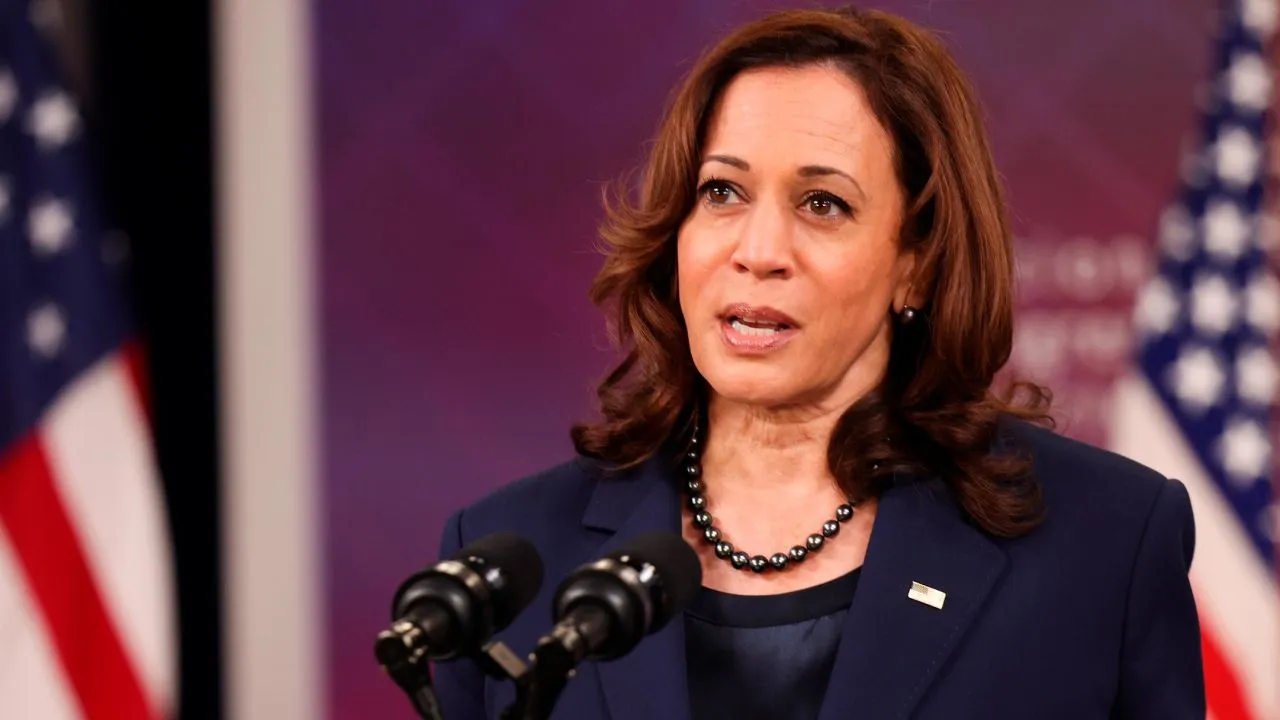
In a closely watched election that captivated national attention, Susan Crawford, backed by Democrats, emerged victorious in the Wisconsin Supreme Court race, securing the decisive seat that will determine control of the state’s judiciary.
The race, which saw Elon Musk’s America PAC pouring over $25 million into supporting Brad Schimel, the Republican-endorsed candidate, became one of the most expensive state supreme court races in U.S. history. Despite Musk’s substantial financial backing, Schimel’s campaign fell short, leaving Wisconsin’s judicial system under a 4-3 liberal majority.
The Associated Press called the race for Crawford at 10:16 p.m. ET on Tuesday, cementing her place on the state’s highest court and ensuring that the judiciary remains under Democratic influence for the foreseeable future.
This election outcome has broader implications, as it was one of the first major political battles in the post-Trump and Musk era, and a test of the influence of high-profile figures like Musk on down-ballot elections. Despite the financial resources Musk invested, the results reveal a crucial setback for the billionaire’s political ambitions in shaping the judiciary.
The Wisconsin Supreme Court election became a crucial battleground that extended well beyond state-level politics. Wisconsin, a key swing state, has long been a focal point of national political campaigns.
The outcome of this election was seen as a pivotal moment in deciding whether a conservative or liberal majority would hold sway over the state’s judiciary in future high-stakes legal battles. Musk’s decision to pour millions into supporting Schimel reflected his strong desire to influence the outcome of this election.
Musk’s investment in the race included more than $22 million in direct donations to Schimel’s campaign via America PAC, the political action committee Musk founded in 2024 to support President Donald Trump’s agenda.
In addition to these direct contributions, Musk’s PAC funded a series of petition giveaways aimed at raising awareness about the election and pushing voters to reject what Musk had repeatedly referred to as “activist judges,” a term he has used to describe liberal judges who, in his view, overstep their bounds.
In an effort to rally voters, Musk’s campaign efforts included financial incentives to encourage participation. Voters who signed a petition rejecting “activist judges” were offered $100, with three lucky participants being promised checks worth $1 million.

Further, participants were encouraged to become campaign “captains,” with an additional $20 offered for each Wisconsin resident they recruited. Musk’s contributions made the Wisconsin race the most expensive state Supreme Court election in U.S. history, with his spending alone accounting for over a quarter of the $90 million spent across all parties in the race, according to the Brennan Center for Justice.
Despite these significant financial efforts, Musk’s influence was not enough to secure a win for Schimel. This election result sends a clear message that even substantial financial backing may not always be sufficient to shape the outcomes of highly contested elections, especially when the electorate is motivated by values and issues they perceive as deeply important.
The election’s outcome marked a stunning defeat for Musk’s political influence in Wisconsin. While the state Supreme Court election is typically not as high-profile as national elections, this particular race gained national attention due to the involvement of Musk and the stakes surrounding control of the state’s judiciary.
The intense level of spending, combined with Musk’s personal involvement, made this election one of the most closely followed judicial races in U.S. history.
Musk’s heavy financial involvement raised concerns about the potential for wealthy individuals and corporate interests to unduly influence state-level elections, potentially eroding public trust in the fairness and independence of the judiciary. Critics of Musk’s involvement in the race, including Derrick Honeyman, spokesperson for Susan Crawford’s campaign, condemned the efforts as corrupt.
Honeyman criticized Musk’s financial backing of Schimel’s campaign, accusing Musk of attempting to “buy influence on the Supreme Court” to benefit his company’s legal battles. “It’s corrupt, it’s extreme, and it’s disgraceful to our state and judiciary,” Honeyman said in a statement before the election results were finalized.
The controversy surrounding Musk’s role in the race highlights growing concerns about the increasing role of money in American politics. With billionaires like Musk exerting significant influence over elections, critics argue that the democratic process is at risk of being undermined by corporate interests and the wealthy elite.
As the results of this election make clear, however, voters remain deeply engaged and are willing to stand against such attempts to influence the political system, even when faced with enormous financial pressures.
While the race was narrowly focused on the future composition of the Wisconsin Supreme Court, the broader stakes were far-reaching. The state’s high court will be tasked with deciding critical issues in the coming years, including hot-button topics such as abortion, redistricting, and union rights.
The outcome of this election has far-reaching consequences, as the court’s liberal majority will have significant sway over these issues, which are crucial to many Wisconsin voters.
The importance of this election lies in its potential to shape the direction of policy in Wisconsin for years to come. The liberal-leaning majority on the court ensures that progressive policies on issues like abortion rights and labor protections will have a strong advocate in the judicial system.
This is particularly significant in the wake of the U.S. Supreme Court’s decision to overturn Roe v. Wade, which sent abortion rights back to the states. In Wisconsin, the state Supreme Court could play a pivotal role in determining whether abortion access remains protected or whether stricter limitations are imposed.
Similarly, the court’s role in redistricting, which has long been a contentious issue in Wisconsin, will also be critical. The state’s legislative districts have been drawn in a way that many critics argue disproportionately favors Republicans, and the court’s decisions in future redistricting cases could either reinforce or challenge these boundaries.
While Musk’s investment in the Wisconsin race did not result in the outcome he hoped for, the election has nonetheless underscored the growing influence of wealthy individuals in shaping American elections.
Musk’s spending, which far outpaced traditional political contributions, has raised important questions about the role of money in politics and the impact of corporate interests on democracy.
In a political landscape increasingly dominated by big-money donors, the future of American elections may depend on how the public responds to the growing influence of wealthy individuals like Musk.
For now, Musk’s defeat in Wisconsin serves as a reminder that, while money can certainly play a significant role in political campaigns, it is not always enough to tip the scales in favor of one candidate or another.
Looking ahead, the Wisconsin Supreme Court will continue to have a 4-3 liberal majority, meaning that key issues such as abortion rights, redistricting, and labor rights will likely be decided with a progressive tilt. For Musk and his allies, this represents a significant loss, as their financial investments were unable to overcome the state’s progressive electorate.
However, as Musk’s involvement in the race has shown, the battle for control of state courts is far from over. With the future of Wisconsin’s judiciary now settled for the time being, all eyes will turn to the next major elections that could further shape the political landscape of the state and the country as a whole.
Beyond Wisconsin, this election also has implications for the broader political landscape in America. As more billionaires like Musk become involved in down-ballot races, there will likely be increasing scrutiny of the role that money plays in determining the outcomes of elections.
While Musk’s defeat in this particular race is a setback for those who seek to influence state courts with deep-pocketed contributions, it remains to be seen how future elections will unfold in the wake of this growing trend.
In the coming years, as political spending continues to rise, the challenge for American democracy will be to ensure that elections remain fair and that the voices of everyday citizens are not drowned out by the influence of the wealthy elite. Musk’s failed attempt to buy influence in Wisconsin serves as a reminder that, despite the power of money, the will of the people remains a powerful force in shaping the future of the nation.





